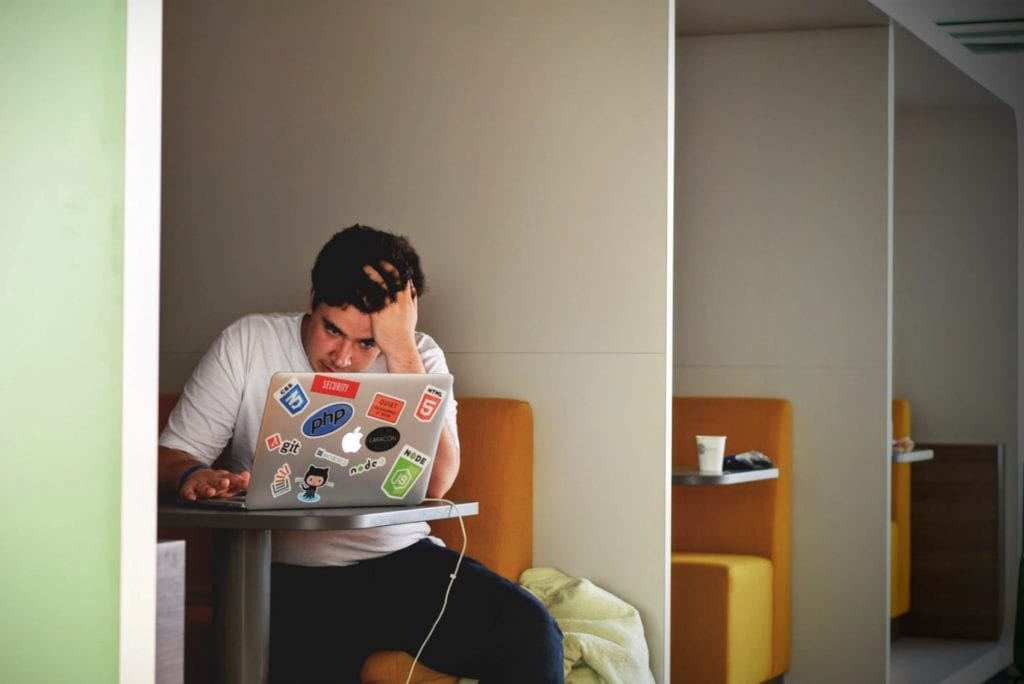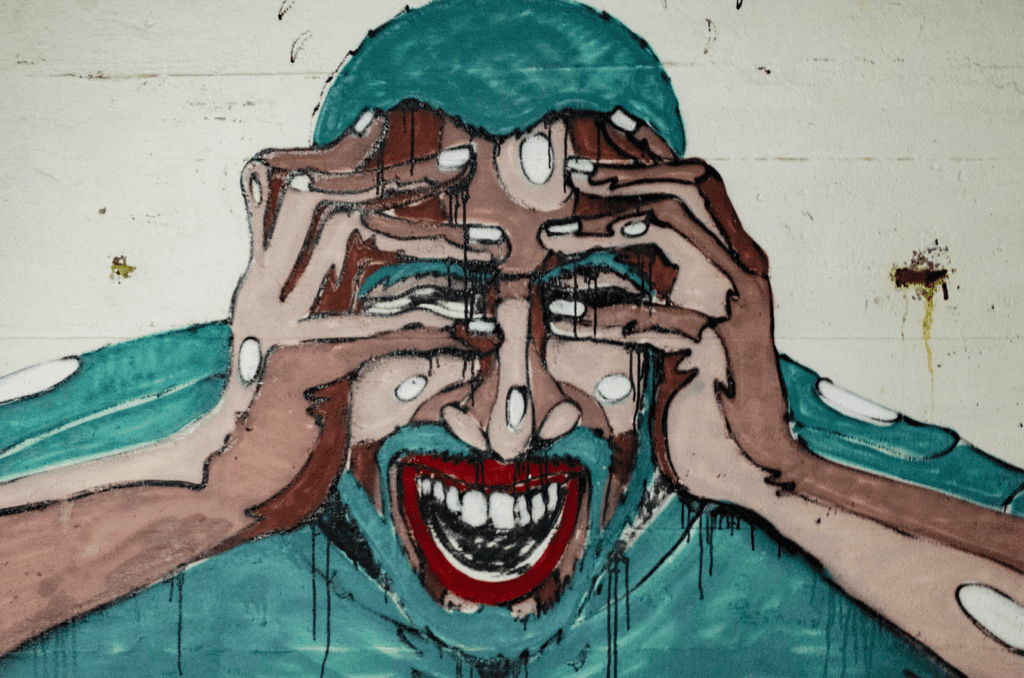
Many people experience stress and anxiety from time to time, and these are everyday experiences that we go through every day. Statistics have revealed that 70% of adults globally say they feel anxiety and stress daily. In medical terms, stress is a normal reaction the body experiences when change occurs. Your body may respond to these changes either mentally, emotionally, or physically although this differs with people since we’re all different. We may also define stress as a feeling of being under abnormal pressure, and this pressure may come from different aspects of your day-to-day life. However, there are tips you can employ to relieve stress and anxiety, so read on to explore further.
- Consider Using Supplements
Certain types of supplements can aid in the reduction of both stress and anxiety. These drugs help to elevate mood and balance your emotions naturally. While the market is flooded with plenty of nootropic supplements, the benefits of using Mind Lab Pro are highly effective as compared to other supplements. Some of these drugs are effective for dealing with stress and anxiety, which may result from constant pressure in your workplace or just stress from everyday life. Many of these supplements are prepared with unique ingredients that lower stress and anxiety levels and help to increase serotonin levels in your body. However, some of these supplements may have side effects, especially if they interact with prescribed medication. You must consult your healthcare provider if you have an existing medical condition.
2. Exercise
Exercise is one of the best things you can do to tackle stress. Many people might disagree with this since it sounds contradictory, but putting physical stress on your body through regular exercise can help relieve stress. To achieve better results, it’s advisable if you exercise regularly. Studies have shown that people who exercise regularly are less likely to experience stress and anxiety than those who don’t. Exercising helps lower your body’s stress hormones, like cortisol, in the long-term. Exercise also helps your body to release endorphins: Endorphins are chemicals in your body that help boost your mood, and act as natural painkillers. Try to establish an exercise routine or activity you enjoy, such as dancing, walking, yoga, or rock climbing.
3. Minimize your Caffeine Intake
Caffeine is a stimulant found in chocolate, tea, coffee, and energy drinks. High intake of caffeine-infused drinks can increase stress and anxiety. It has also been proven that caffeine can trigger panic attacks. Each one of us has different thresholds of how much caffeine we can tolerate. If you notice that caffeine makes you anxious or jittery, then you should consider cutting down your intake. A few studies have shown that coffee can be healthy if taken in moderation; Well, this doesn’t work for everyone. Ideally, many people consider less than five cups a moderate amount.
4. Put It Down on Paper
One of the best ways to handle the stress that many counsellors recommend is to write things down. There are two ways around this; recording what is stressing you is one approach; another is writing down the things that you’re grateful for. What many people don’t know is that gratitude can help relieve anxiety and stress by focusing your thoughts on the positive side of your life. You can buy a journal or a notepad where you can record your day-to-day positive interactions. The best approach is to kickstart your mornings by jotting down what you’re grateful for. Keep it as simple as you can; remember, you’re not writing to win a Nobel Peace Prize. Over the long haul, you’ll notice that regular writing will also improve your writing skills.

5. Be Mindful
Mindfulness is a mind-body approach to life that aids us to relate distinctively to various experiences. This approach involves paying attention to our feelings and thoughts in a way that improves our ability to manage strenuous situations and make better choices. If you’re going through a stressful phase in your life, try practising mindfulness regularly. The advantage is that mindfulness can be practised anywhere at any time. Experts on mental health issues have suggested that mindfulness can reduce the effects of anxiety and stress-related problems like low moods, insomnia, and poor concentration in some people.
6. Sleep
Are you struggling to find sleep? This is a common problem with many people who are experiencing stress and anxiety. When stressed, your body needs extra sleep and rest to recover from stressful events. Health experts recommend that you should aim to sleep for around seven to nine hours a night with minimal interference.
Although anxiety and stress may arise in your personal life or workplace, there are easy ways to reduce the pressure you experience. The tips we’ve mentioned often involve getting your mind away from the source of your stress. Other than this, you can also talk to your friends or family when you’re feeling overwhelmed so that they are in a position to help you.

